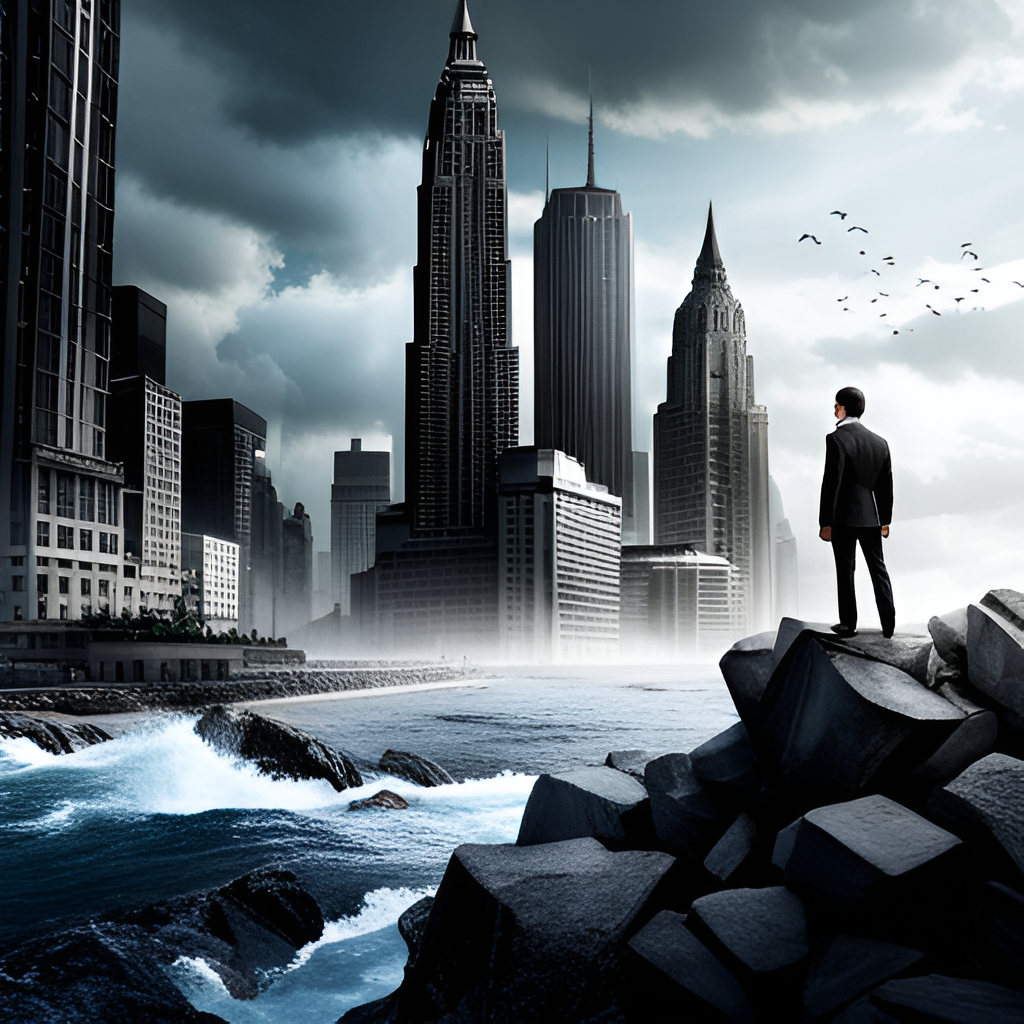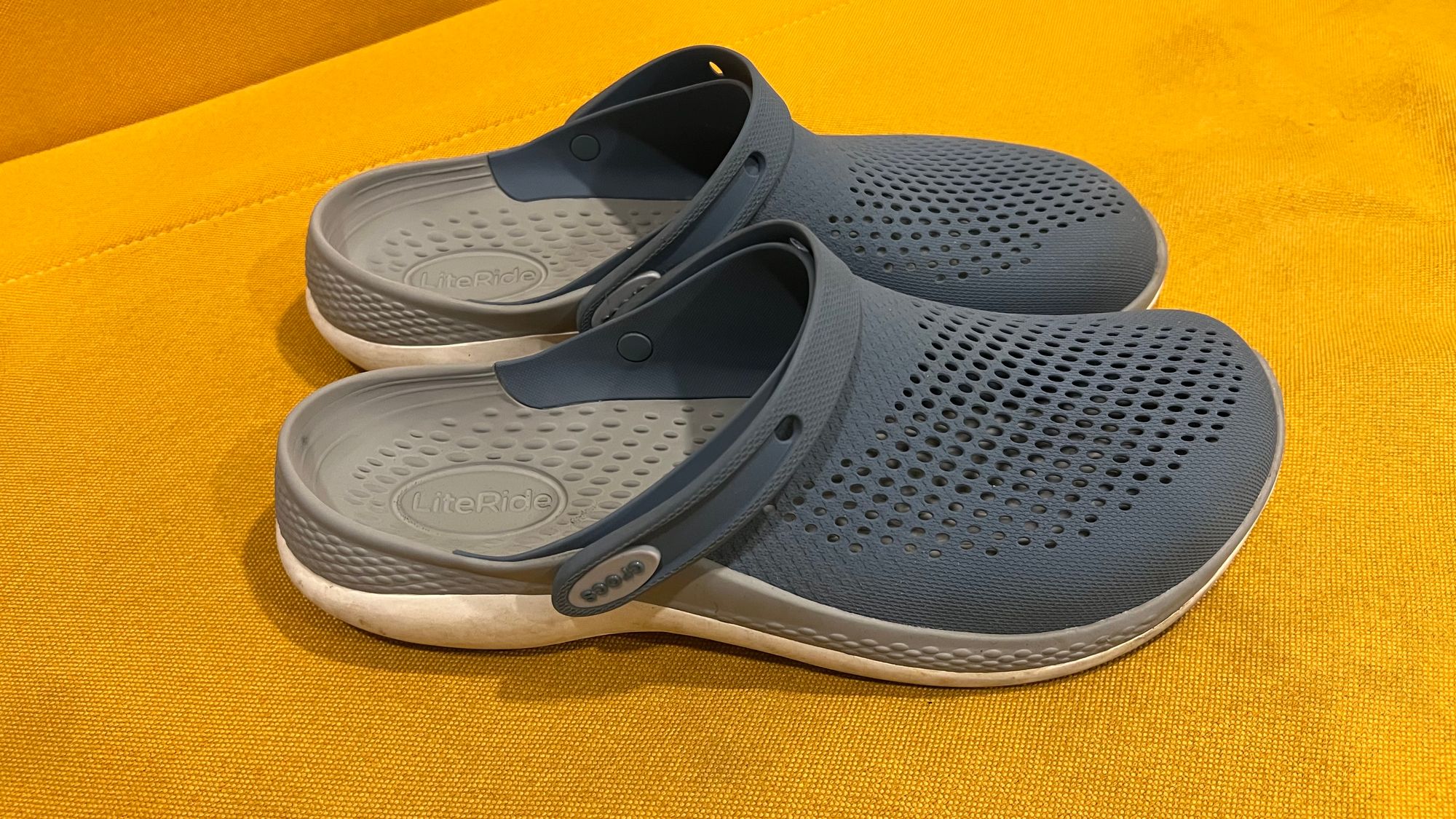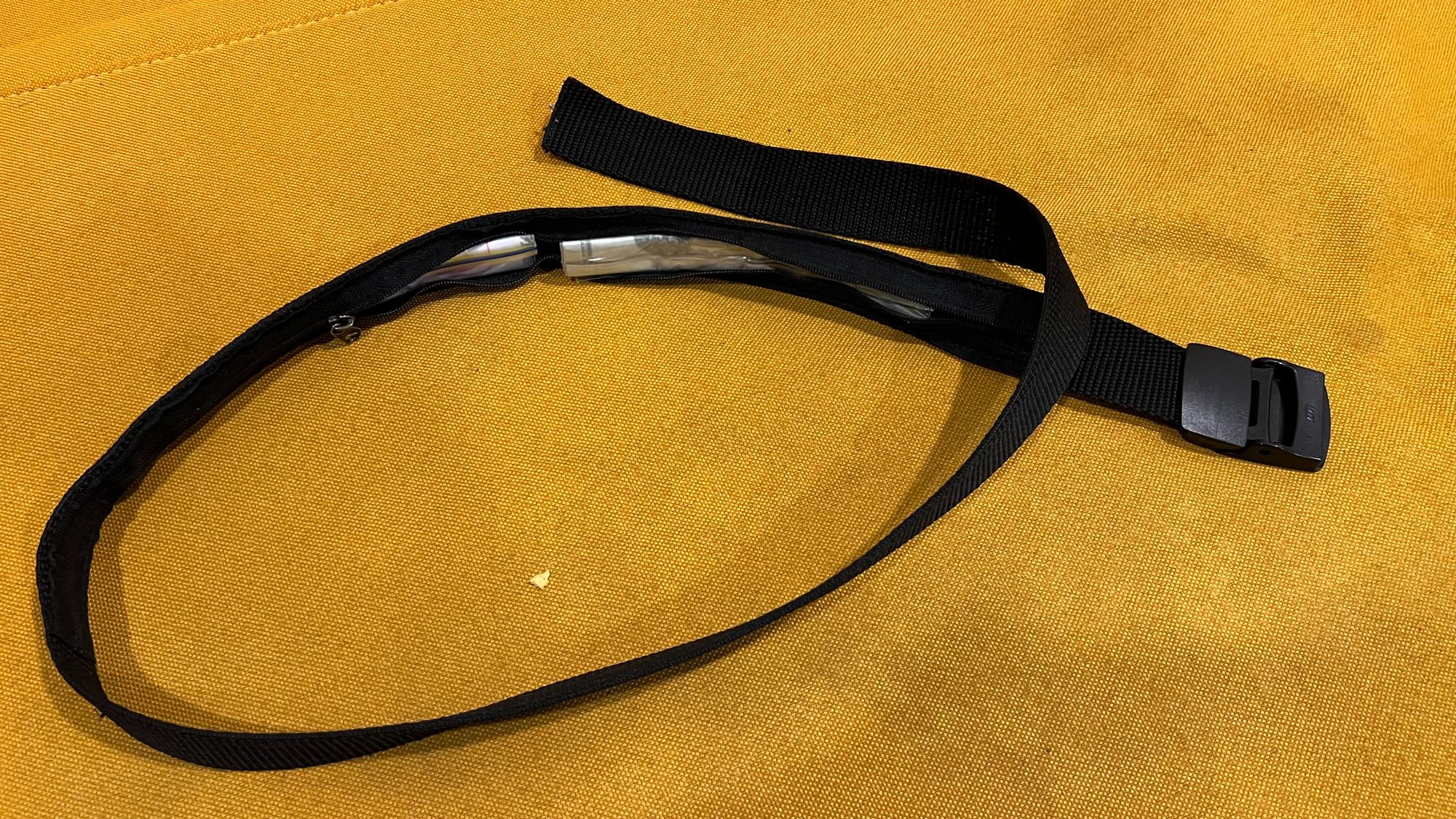So You’ve Been Mugged in a Foreign Country…

Or: "Crisis Resource Management - Travel Edition"
I have always had a rough plan for what I would do if things went bad while travelling.
The nice thing about writing is that it forces one to clarify one's thinking.
So I thought I would try and define the badness, clarify my thinking and smooth out my rough plan.
Defining the Badness:
Fortunately (unfortunately) bad things happen to people all the time. And we are free to learn from others.
I think my 'Crisis Resource Management for Travel' is planning for a situation that looks like this:
"The Badness" -
- Will probably be some sort of assault, mugging or robbery.
- So I lose my wallet and my phone.
- I will be in an unfamiliar location - probably not a random city (I will know that I am in Medellin, for example) but probably an unknown suburb (since staying in good suburbs would almost preclude the badness happening in the first case).
- I will be disoriented.
- With potentially some sort of injury (it can't be a catastrophic injury otherwise there would be no reasoning faculties intact to actually proceed with the plan).
- This will all almost certainly have happened at night.
- And I won't speak the language of the city proficiently.
- I will either be travelling alone, or won't be able to contact my travelling companion/s (since the bad guys took my phone).
First Thing's First - Avoid the Badness:
Confessions -
The caveat here is that I have managed to avoid any bad things happening to me while travelling. That sounds very positive. But the point is that there have been no 'errors' against which I can 'trial and error' different strategies for staying safe.
So there is very likely some sort of reasoning error happening here where I can only assume that the habits I try and observe while travelling are causative in my (so far) having avoided bad things. But maybe I have just been lucky...
I also have a couple of other things going for me - I am 194cm, about 100kg, don't talk much, don't drink alcohol and grow a beard quickly. So I am probably less prone to badness happening.
Some Basics -
The idiotically obvious advice on places like smartravellerdotcom like "don't go down dark alleys alone" or "only take registered taxis" are there for a reason. There are people actually engaging in these risky behaviours. To be clear, the only person to blame when someone is victimised is the criminal. But there really are simple things you can do to look less like a victim:
- Cursory research of the city you are travelling to - it is so easy these days to avoid bad suburbs when choosing a place to stay; google it, read some blogs.
- Don't flash piles of cash around.
- Do not partake in the Narco economy in any way whatsoever.
- Don't politely walk through a group of suspicious looking young men surrounding an ATM to start withdrawing your cash.
- Dont leave your purse open and slung across your back.
- There is no reason to ever walk home alone drunk after a night out - this alone must account for a huge portion of muggings, assaults, 'lost passports' and rolled ankles every year all around the world.
- Be in control of your own drink.
- And so on and so on with the simple things you can do to reduce your chances of being victimised.
Moving on from the Basics -
- It's not a nice thing to say but, again, don't look like a victim.
- Don't appear unsure.
- Don't advertise the fact that you don't know the language.
- Don't appear lost - you are free to be unsure of your bearings in a new city, and by choosing a good suburb to stay in, you are unlikely to have stumbled into the ghetto accidentally. But don't advertise the fact that you have no idea where you are. Never huff in frustration at a corner, spin in a circle and look around in angst. And don't pull your phone out in a flourish to open up a maps app (the same goes if you somehow happen to be using paper maps still - don't whip it out). Rather, continue walking confidently into the next cafe, grocery store, department store or safe park where you can more naturally pause, check your map and get your bearings. Don't look lost. If none of those locations for re-orientation are available, just keep walking purposefully as if you know exactly where you are and where you are going until you find one.
- Head up, eye check people as you walk - no need to stare someone down, but there is no excuse to be completely unaware of your surroundings in the street, in a bus, on a train.
Then to the Paranoid -
These are a couple of things that I have not had to do (and probably never will), but have heard and read as end stage risk mitigation strategies:
- If lost and isolated in a terrible neighbourhood at night, walk in the middle of the road - this reduces the chance of a sudden mugging from a footpath adjacent dark alley.
- If lost and isolated in an awful place with suspicious and risky potential aggresors nearby - take off your shirt and start rambling and muttering to yourself, twitching, as you continue to walk. Make no eye contact with anyone. Ramble and rave like a lunatic who is completely unaware of the presence of anyone else. People don't tend to mess with crazy...
Risk Assessments -
- Groups of women are not threats.
- Couples are unlikely to be threats.
- A suburb in which middle aged women are walking their dogs, on leashes, is completely safe.
- A suburb in which children are roaming the streets alone at night is extremely dangerous.
- It will be a male that brings the badness.
- A lone male will likely need to be intoxicated to be a risk - or unwell/homeless - these are less predictable but don't necessarily come in groups.
- A group of males does not need to be drunk to be a risk.
- A group of males is the likely party to bring "the badness".
- There will be a witness check - a quick look over each shoulder, or around the other corner (for potential witnesses), before you are approached and victimised.
- The badness will not happen at 1100 in a high-end shopping centre as you are browsing for a shirt; it will be at 2300 near a bar. etc etc
Something Bad is About to Happen:
Unfortunately, it's time. Roughly in order, I plan to:
- Run away.
- Give up my wallet.
- Run away.
- Give up my phone.
- Run away.
- Give up my bag.
- Run away.
- Give up my passport.
- Run away.
- Decline to be moved to a secondary location.
- Run away.
- Never be moved to a secondary location.
- Run away.
- Fight to the death.
Now is not the time for the monkey brain to say "yeah, I can take 'em".
No need for pride. Just run away.
If physical altercation can be avoided, this is best. Empty handed physical altercation can easily turn into knife, firearm or a dirty syringe-armed altercation. Which can leave you dead, dying or with you life deranged for the next 6 months as you are tested for everything.
And being stomped on the head by six aggressors, still without 'weapons', is a bad way to die.
...and you will still have been robbed.
Anyway, this is all moot.
This is a piece about what happens after the badness. So the assumption is that those basic personal safety strategies and risk assessments have not been enough. Those risk mitigation strategies, from sensible to paranoid, have all failed.
Something bad has happened...
The Plan:
I think my rough list of priorities will be:
- Safety
- Pocket Check
- Transport
- Logistics
- Sanctuary
Assuming that I have the faculties intact to actually progress through these priorities, it will mean that I have not suffered catastrophic injuries. In this case, unconsciousness would be catastrophic - you don't have control over yourself when unconscious.
1. Safety
Walk, stumble or crawl to wherever the lights are. The nearest bar, restaurant, streetlight etc.
Roll of the street.
Get out of the gutter.
2. Pocket Check
Is my phone gone? Probably. Move on.
If not - Uber back to Hotel and regroup.
I suppose my wallet is gone - probably the point of badness being applied.
If not then we are good. If I can get through some badness with my pockets still full, then it's not too bad at all.
But, that really doesn't meet my definition of badness above.
My belongings are gone...
3. Transport
Realistically, I won't have a phone or wallet.
Assuming that the badness has happened while out in civvies, I won't have lost my bag - which has my passport and spare cards and money back a the hotel.
So I really just need a cab.
Lack of money will be an issue here.
I carry spare money - this is 90% of my plan for post-badness actions. I have $100 USD cash (in $20 or smaller denominations) on my person effectively at all times for emergencies.
I'll explain how below.
But the use of this money gets me back to a hotel where my bag and passport is or, if everything is gone, to Sanctuary.
4. Logistics
I recently saw an interview with a former member of the United States Central Intelligence Agency. This one:
He notes that spies can only carry what would be reasonable for an average civilian to carry - so he makes no mention of special watches, spy pens or weapons.
His "every day carry" was:
- $100 USD cash (in South America or South East Asia), or $200 USD/Euro in North America and Europe.
- Laced shoes - for running.
I felt very chuffed that I had accidentally been following these recommendations for quite a while but, logically, there is not much more that you can carry from a 'Travel Crisis Resource Management' perspective, given the barrier of frequent border airport security checkpoints.
So, although I had also been accidentally following the 'laced shoes' rule for months, I am in warmer climates now. So I've recently opted for some LiteRide Crocs (albeit with 4WD ankle strap ability).

These don't quite fit the bill, however I can still run in them (Australians have an an innate ability to run at full speed while wearing ridiculous floppy footwear...). And I would rate myself against any criminal while running barefoot, although this would sacrifice the health of my feet for future subacute mobility plans.
I am still meeting the requirements to carry $100 USD cash. I do this with an Eagle Creek travel belt that I've had for years.

Since American money is dumb and made of paper, the cash is sealed in a ziplock bag then folded a bunch of times until it fits within the zipped profile of the belt. As is a copy of my travel insurance. This allows the belt to be completely soaked through yet require no maintenance or replacement of documents. And the zipper has only ever gone off once in a scanner. Otherwise, I walk through all airport security, with no issues, while showing off my plastic belt buckle.
5. Sanctuary
If we are this far down the list then things are probably bad.
I have lost everything - phone, passport, wallet, bag. Maybe the badness happened in transit when I had all my stuff on my back.
Or, the unlikely scenario, the threat is still active. I think that, assuming I avoid the Narco trade and have no intentions of fomenting infidelity, the scenario of 'ongoing threat' is unlikely.
Regardless, the 'lost everything' scenario is very bad. But there are still options.
That $100 USD in my belt is going to be very useful here.
Because my preferences for Sanctuary are:
- Australian Embassy - obviously.
Everything other than the Australian Embassy is just a place to seek sanctuary and regroup before making a push to the Australian ebassy (or high commision or consulate or whatever we have). Continuing:
- Canadian Embassy - because Australia has reciprocal relationships with many Canadian embassies around the world to provide consular services.
- New Zealand Embassy - ranked below Canada because there is unlikely to be a New Zealand embassy/consulate/high commission in a country where there is no Australian equivalent. We tend to come together. And Australia doesn't necessarily have the same agreements, but the Kiwis are our cousins, so I would defintely try if that was my option.
- International Airport - always open, lights are always on, always people around, has internet access, always has police presence, will always be able to find english spoken.
- Luxury Hotel - alway open, always has English spoken, but don't always have a police presence. Do often have armed guards, however.
- McDonalds - Always open, free wifi (although useless if your phone is gone), lockable bathrooms, a place to regroup.
- Starbucks - Most of the same reasons as McDonalds, just tighter opening hours.
- American Embassy - Australia does not have reciprocal relationships like we do with Canada, but there are Marines at the gates who speak English. So in a last ditch effort they will do. Also, the US has embassies in some very shitty parts of the world - places in which badness is probably more likely to occur. And I would just need to stumble across the threshold of the gate. The diplomats can
Summary:
Avoid badness at almost all costs. Run away if it finds you. Fight to the death if you are to be moved to a secondary location.
Assuming survival. Maintain safety.
Lost a phone? Swallow pride, go back to the hotel, then buy a new one. So what...
Lost everything? Use cash to pay fees and bribes to get you to your hierarchy of sanctuary.
Carry emergency cash. Don't be a victim.
That's it. That's my whole plan.